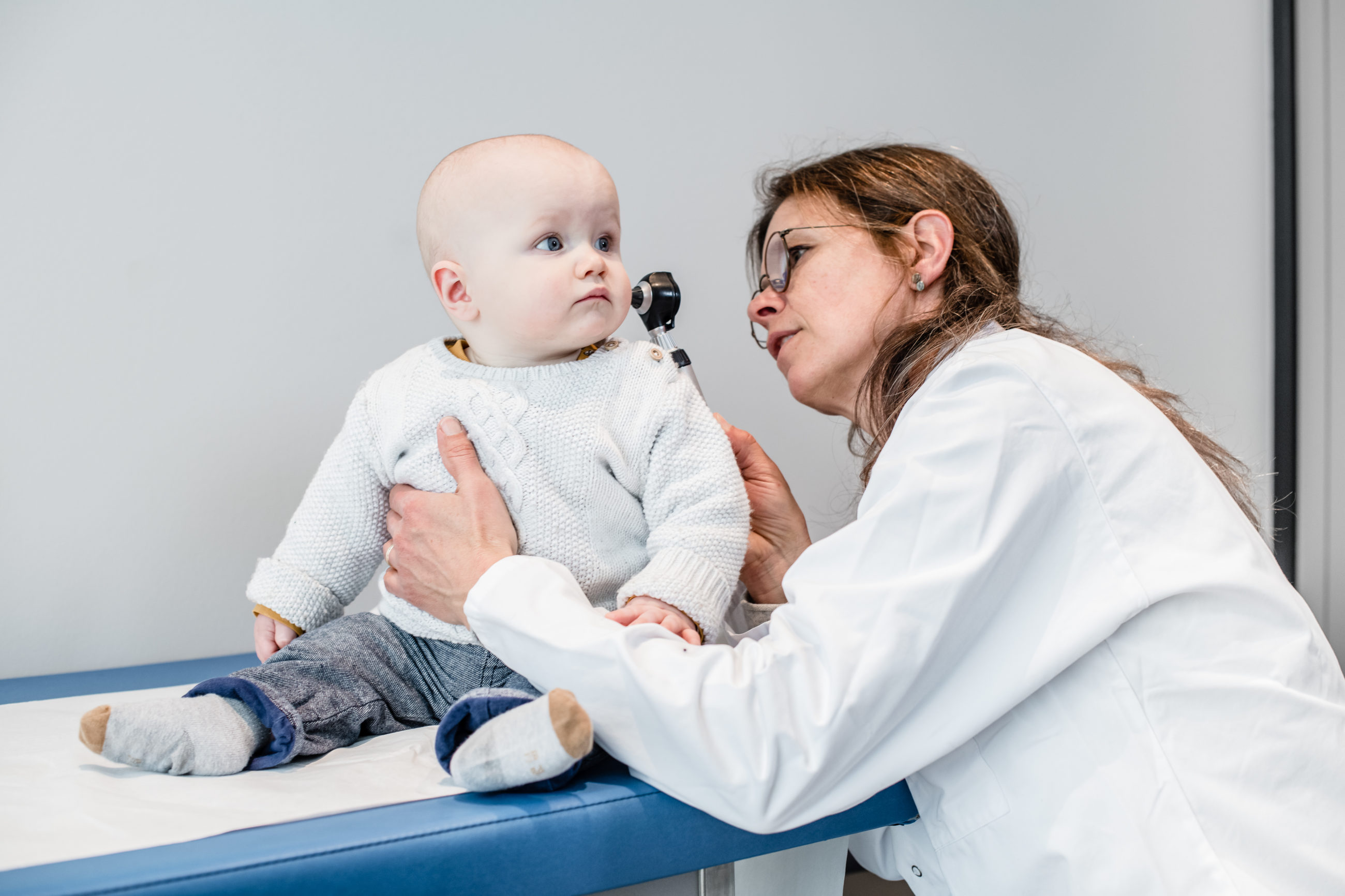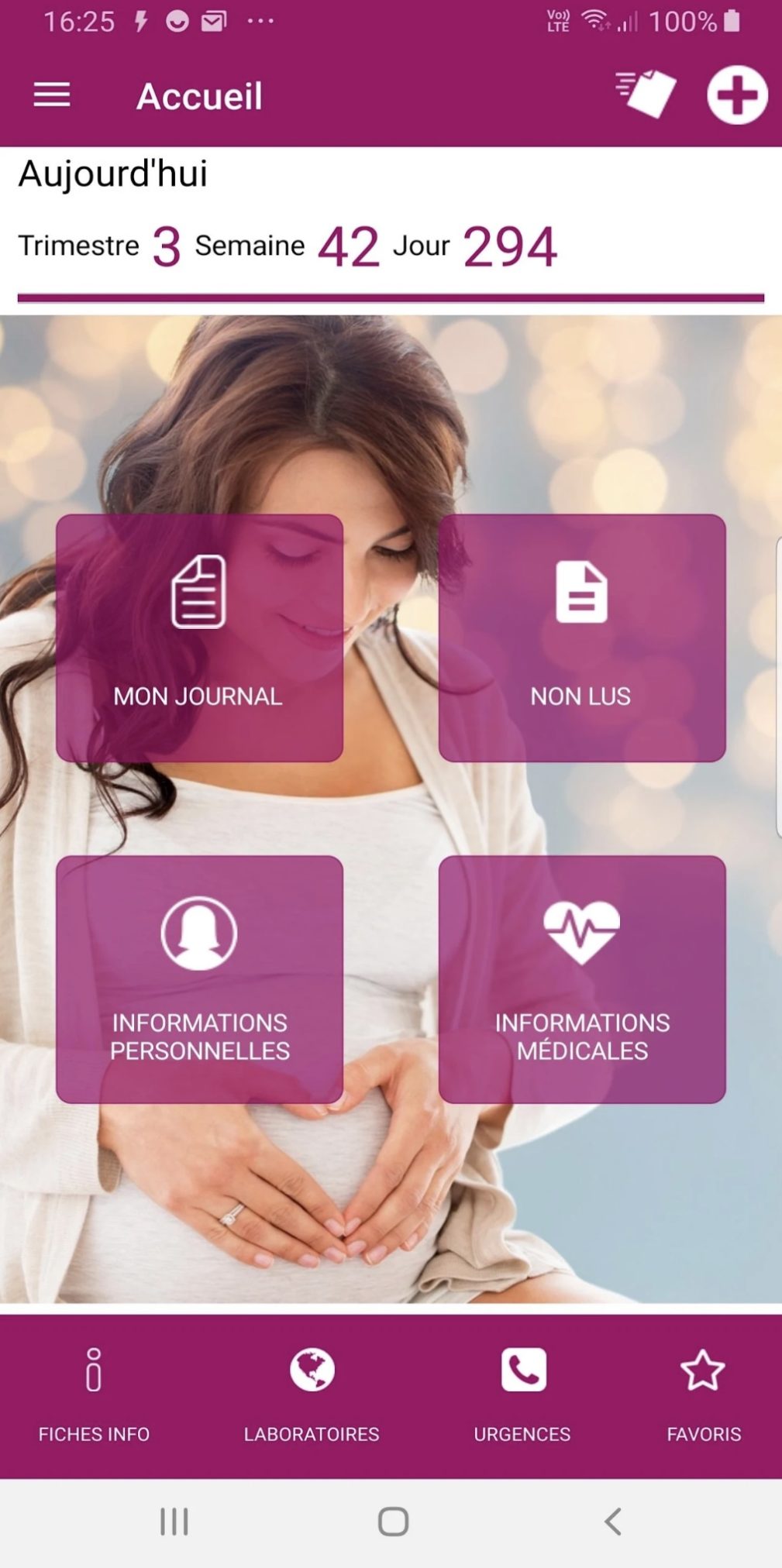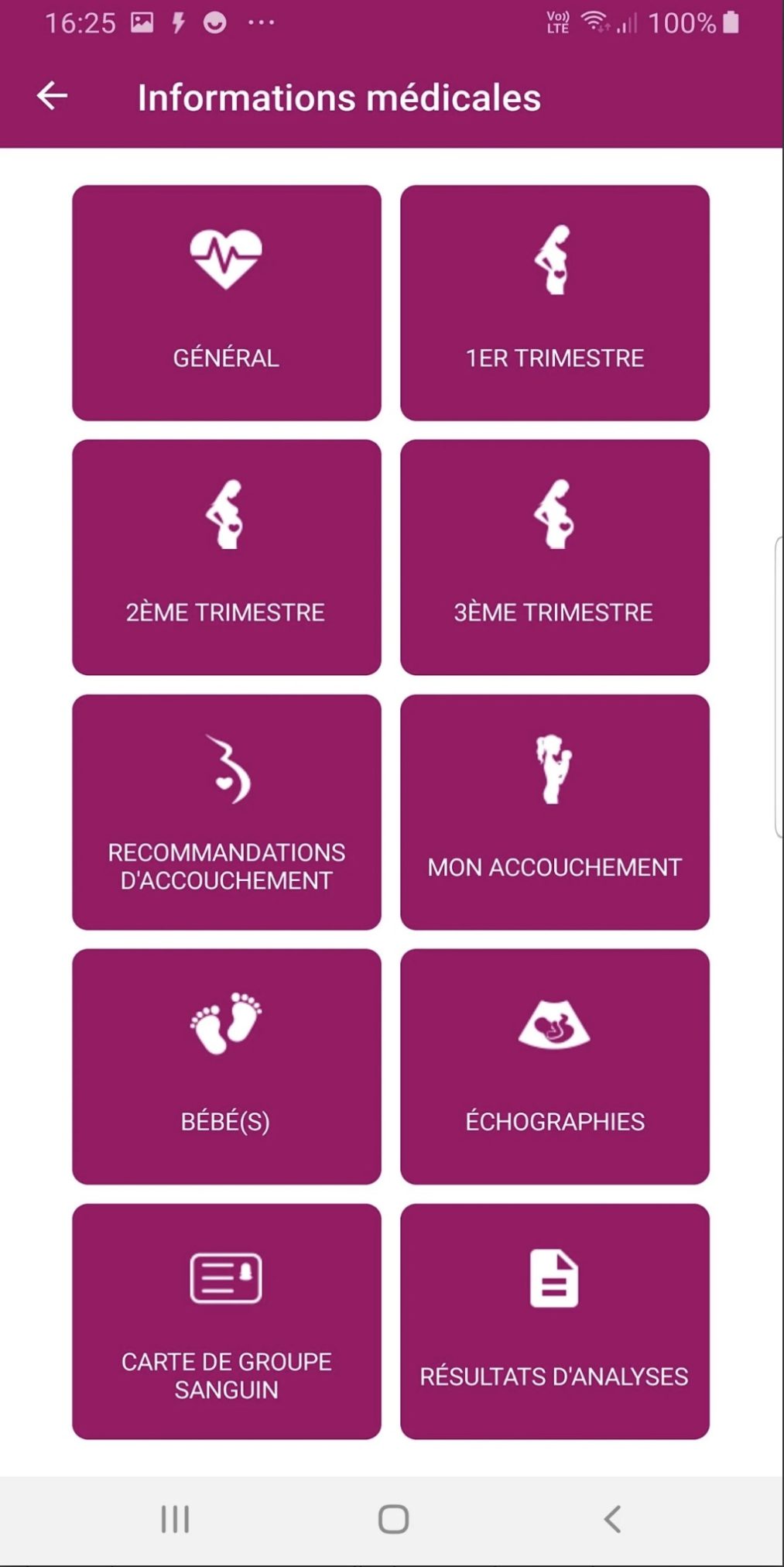Finding out you are pregnant by surprise or after multiple attempts is in both cases a life-changing event. There are a thousand questions that go through our mind that need to be answered. In this article we take you through the first prenatal tests to do in order to best prepare you for the arrival of your baby and to enjoy your pregnancy with serenity.

As soon as the first signs of pregnancy appear (delayed menstruation or other symptoms) it is advisable to do a urine test. If two bars appear it means that it is positive but a blood test and an appointment with your specialist is necessary to confirm your pregnancy.
If it is confirmed, the pregnancy can be monitored by a gynaecologist and/or a midwife and/or a doula. Regardless of who it is, certain tests and screenings will have to be done. Thanks to them (and to science), it is possible to detect genetic, chromosomal and physical abnormalities fairly quickly. If necessary, parents can take the decision whether or not to terminate the pregnancy with full knowledge of the facts.
Thanks to the prenatal test in the first trimester, tests can assess the risk of a possible trisomy (21, 13, or 18). This test is performed between the 11th and 14th week of pregnancy and combines the mother’s age, ultrasound measurements (nuchal translucency and cranio-caudal length) and a blood test. Usually your gynaecologist will perform this test either in his or her office (if he or she has the proper equipment) or will refer you to an obstetrical and gynaecological ultrasound centre.
It is important to understand that this test is a screening test, not a diagnosis. The results are, in fact, given in « risk rates ». For example, if the result is less than 1/1000, such as 1/1400, it means that there is a 1 in 1400 chance that your baby will have trisomy 21, 13 or 18. In this case, no other specific test will be done and you will have a normal pregnancy follow-up.
Reto Stricker, Co-Directeur du laboratoire Polyanalytic
If the risk is between 1/1000 and 1/300, your doctor will tell you to have a non-invasive prenatal test (TPNI), which is an analysis of the fetus’ DNA found in the mother’s blood. In other words, this is an advanced blood test. In this case, it is reimbursed by your insurance. For your information, this test makes it possible to determine the sex of the baby as early as the 14th week of pregnancy if you wish to know it early.
If the risk is higher than 1/300 and/or the TPNI also shows poor results, your specialist will refer you to a more in-depth examination to make a clear diagnosis through amniocentesis or choriocentesis.
Dr Alexia Willame, Gynécologue obstétricienne
For more than 40 years, we have been fortunate enough to be able to meet our baby before he is born thanks to the wonderful invention and technology that is ultrasound. From the 20th week of pregnancy, it is possible to know (if we wish) the sex of the baby but also to detect certain serious anomalies. Three of these ultrasound scans are covered by the basic maternity insurance:
- Ultrasound N°1: between the 12th and 14th week of amenorrhea.
To confirm that the pregnancy is progressing normally and thus calculate the risk of a chromosomal abnormality (trisomy test)
- Ultrasound N°2: between the 20th and 23rd week of amenorrhea.
Morphological examination. The examination confirms the baby’s good development, the specialist looks at it from all angles: height, weight, organ development. Thus, a large number of potential malformations can be identified. They also check that the baby is growing properly, the amount of amniotic fluid, and the position of the placenta.
- Ultrasound N°3: 3rd trimester.
The examination checks the baby’s development, the quantity of amniotic fluid, and the state of the placenta. We observe whether the baby has turned over (head down) or is breech (this can be a risk for a vaginal delivery, and therefore can lead to a C-section).
Thanks to these ultrasounds and tests, malformations and diseases are detected and allow at an early stage of pregnancy to make a decision if there is a problem. If the tests are good, the parents are relieved and can enjoy serenely the months before giving birth.
For more information on 1st and 2nd-trimester prenatal tests, non-invasive prenatal testing, choriocentesis, amniocentesis, and ultrasounds, we invite you to download the brochure entitled « Volume 1 of your pregnancy » created by the specialists and biologists of the Medisupport group. Unfortunately, this document is only available in French.
Next month, in collaboration with Medisupport, we will discuss a delicate and relevant topic: the risks of infection during pregnancy. We will explain what they are, how to prevent them and, if necessary, treat them.


Find out about the Babysoon application developed by the Medisupport group, which allows you to follow the progress of your pregnancy in a personalized way (practical information, medical data, logbook, etc.). Don’t hesitate to talk to your gynecologist about it!

























Partager cet article